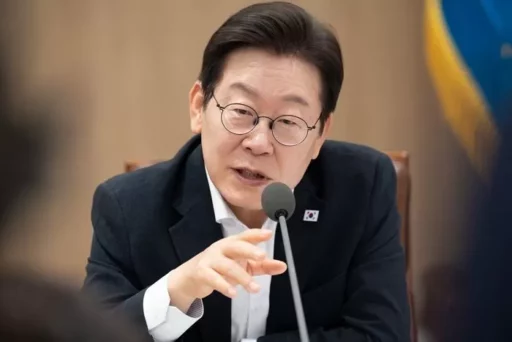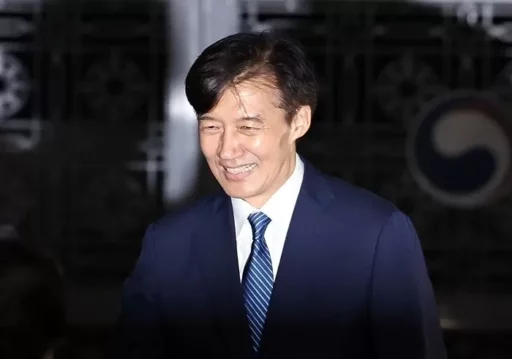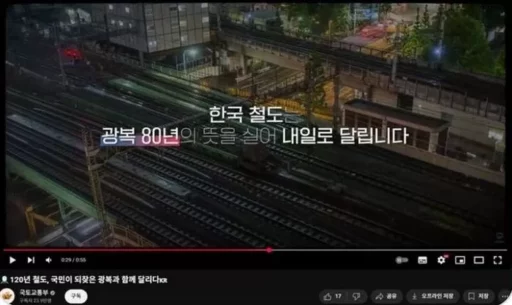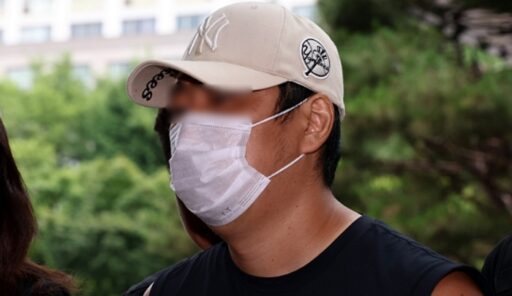Decline in President Lee Jae-myung's Approval Rating, Influenced by the Conditional Pardon of Cho Kuk and Stock Transfer Tax
President Lee Jae-myung's approval rating is showing a downward trend, falling from the steady 60% range maintained since his inauguration.
According to a survey released by Gallup Korea, comparing the results from the third week of July to the second week of August, the positive evaluation of President Lee's job performance decreased from 64% to 59%, a drop of 5 percentage points.

Gallup paused its opinion polling for three weeks after the third week of July and resumed in the second week of August. During this interval, the Ministry of Justice included former Justice Party leader Cho Kuk in the list of those eligible for a pardon on the 7th, which President Lee confirmed on the 11th.
A joint survey conducted by Realmeter and the Energy Economy Newspaper showed similar trends. The results from Realmeter's fifth week of July and the first week of August indicated a decline in President Lee's approval rating from 63.3% to 56.5%, a decrease of 6.8 percentage points. Both polling organizations cited the ‘conditional pardon for Cho Kuk’ as the major reason for the decline in approval ratings.
Changes in Approval Ratings by Age Group and Policy Impact
When looking at the ratings by age group, a significant decline was particularly noted among those in their 30s. In Gallup's survey, the approval rating for individuals in their 30s fell from 62% to 51%, a drop of 11 percentage points.
The rate for those in their 20s saw a slight decrease, falling from 55% to 54%. However, this minor decline is analyzed as being influenced by the young generation's sensitivity to issues of fairness in relation to the pardon of former leader Cho Kuk.

A political insider explained, "Especially among the 20s and 30s, who are sensitive to the issue of ‘unfairness,’ there likely were quite a few who felt that the pardon for former leader Cho was unjust."
Approval ratings among those in their 40s and 50s are also declining. In Gallup's survey, the approval rating for those in their 40s decreased from 83% to 77%, a decline of 6 percentage points, while the rating for those in their 50s showed a slight decrease from 72% to 71%.
Realmeter's survey indicated a larger drop, with the approval rating for those in their 40s falling from 76.4% to 70%, a decline of 6.4 percentage points, and for those in their 50s, from 74.6% to 65.9%, a decrease of 8.7 percentage points.
The decline in approval ratings among the middle-aged demographic seems to be influenced by the government's stock transfer income tax policy. On July 31, the government announced a tax reform proposal lowering the criteria for major shareholders concerning capital gains tax on stock transfer from 5 billion KRW to 1 billion KRW, maintaining this decision despite backlash from stock investors.
A Democratic Party official analyzed, "In South Korea, those in their 40s and 50s tend to lean towards centrist to progressive views and support the Democratic Party, but they are also the generations most actively engaged in economic activities, making them sensitive to policies such as the stock transfer tax."
Image Source: President Lee Jae-myung / Photo by the Presidential Office, Former Justice Party Leader Cho Kuk / News1


